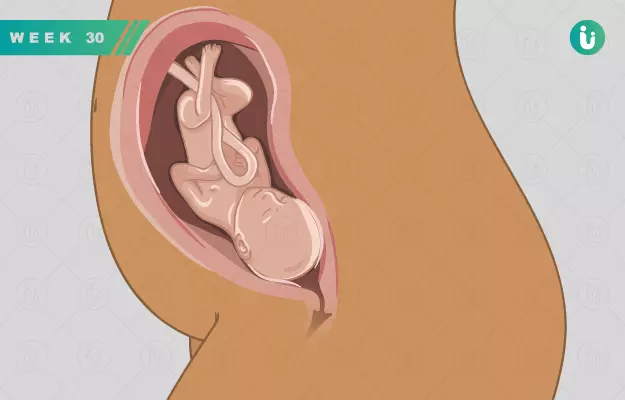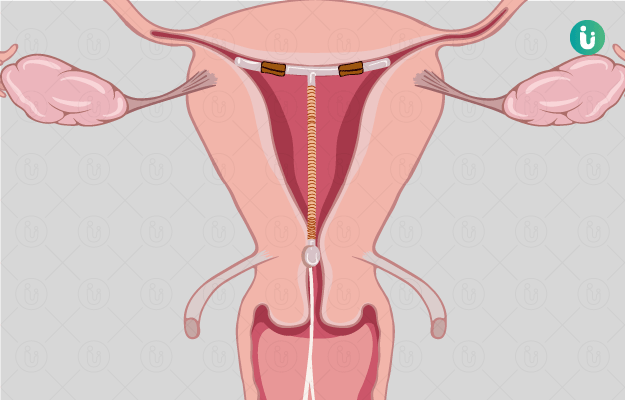Welcome to the 30th week of pregnancy! You’re just 10 weeks away from a full term. Now if that feels like a countdown to you and your spouse, then you know you’ve entered a critical juncture of your gestation and there’s a lot to do. From baby-proofing the house to getting all possible necessities, you have a lot to do during this week and after it.
But you must remember that at no point during the 30th week of pregnancy does work come before your health. You have to stick to your pregnancy diet as well as the doctor’s recommendations to rest and put your feet up whenever you feel tired. This is because although this time is exciting, you’re still heavily pregnant and your baby has quite a bit of growing to do still.
Your baby’s brain and lungs will continue to develop this week, and his or her weight will also continue to increase. Your baby bump will correspondingly increase, and you are likely to feel short of breath and a bit wobbly on your feet. Finding a comfortable position to sleep at night might get harder as your bump grows, too. All of this is likely to make you more fatigued and sleepless, which is why you should get as much rest, sleep and nutrition as possible.
Read more: Sleep during pregnancy
Pregnant women often come across a lot of comments about their weight and the possible gender of their child. These comments can be a bit overwhelming and can build a lot of pressure, so it’s important to have supportive friends and family members around who can ensure that you’re coping well. Here’s everything you need to know about the 30th week of pregnancy.










































